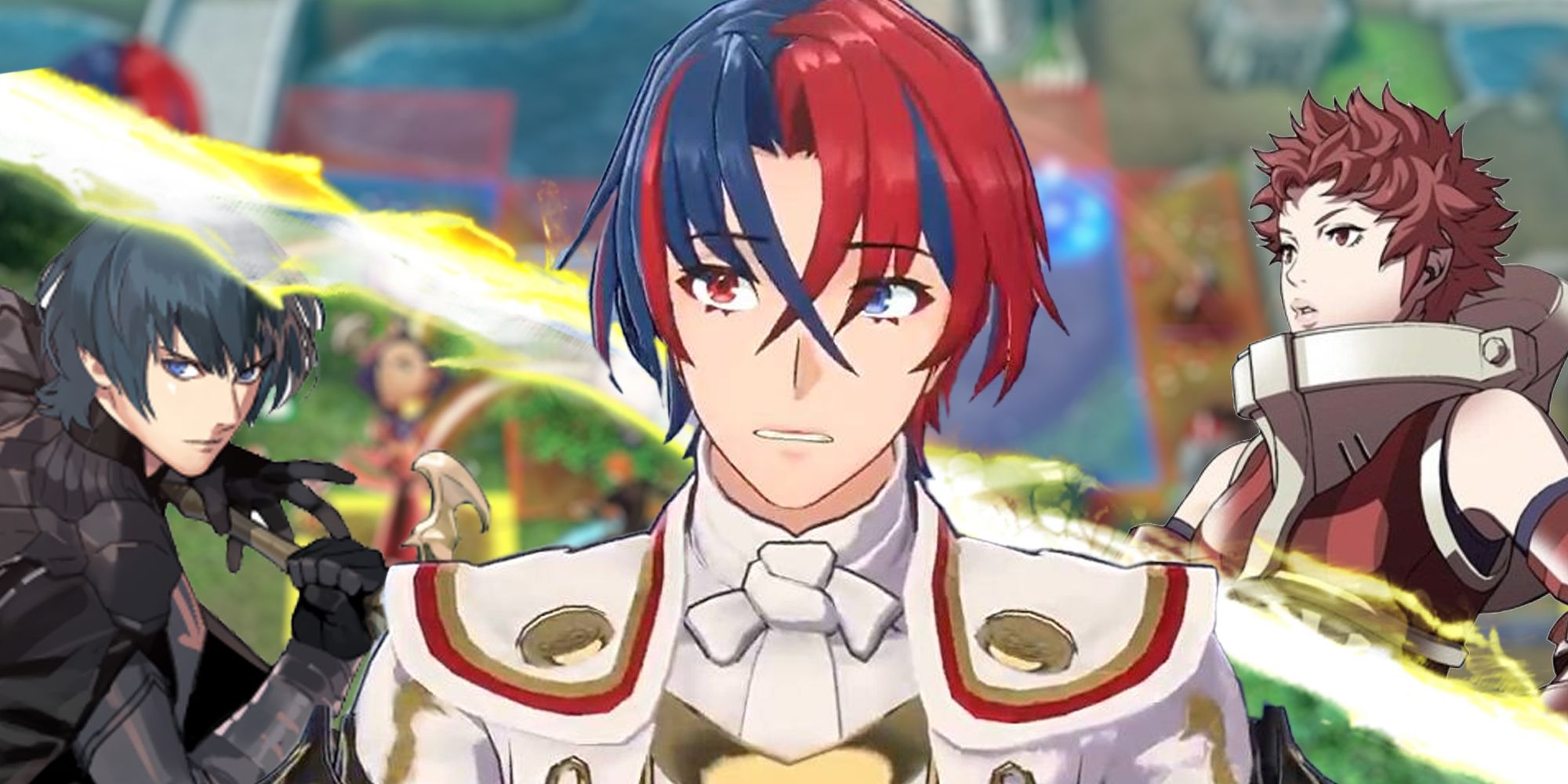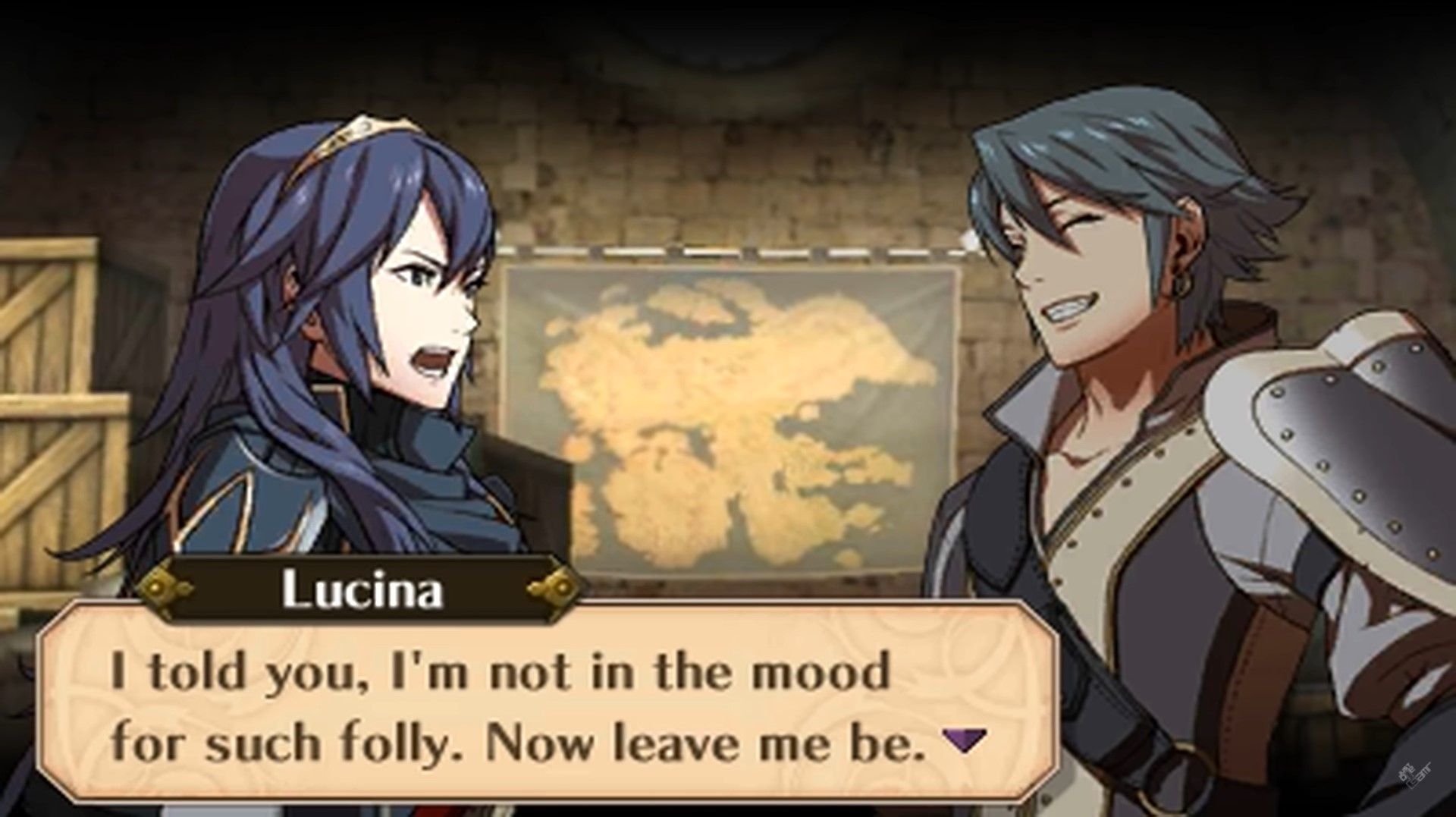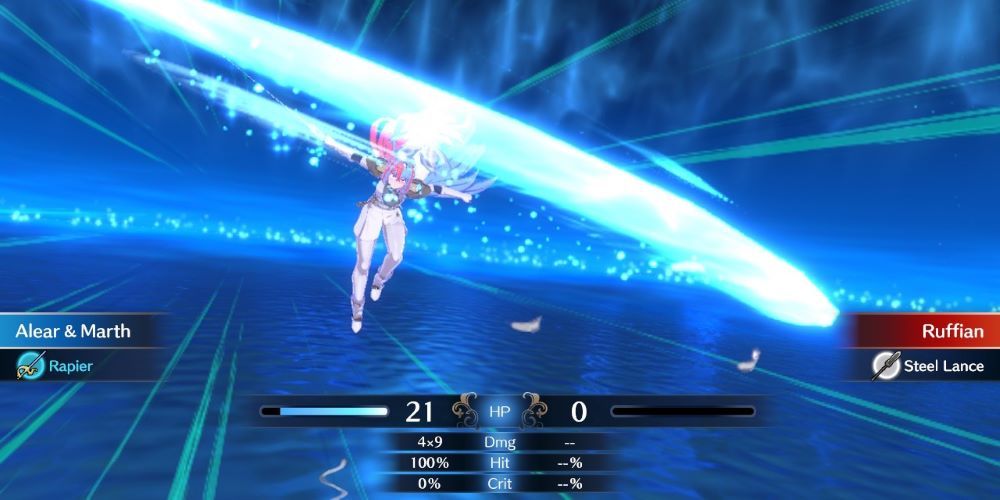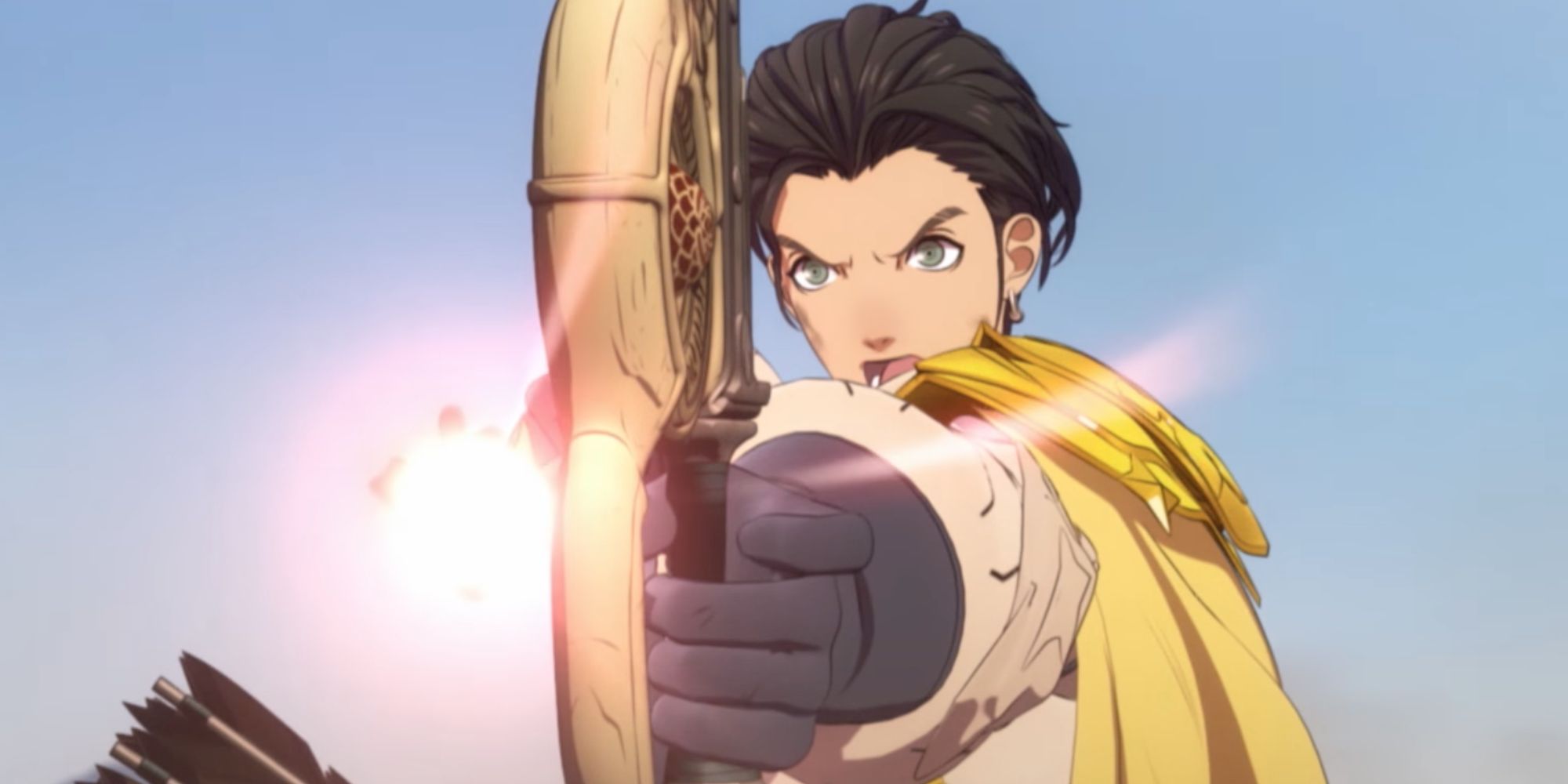It’s odd to say this about a game that launches in January, but Fire Emblem Engage might be my most anticipated game of the year. “But what about…?”. Look, I just told you it was Fire Emblem, okay? Fire Emblem: Three Houses remains my favourite game on the Switch - please stop with the “but what about…?” interruptions - so there was a lot of pressure on Engage from me personally. As I wrote in my review, it never quite reaches that all-timer level, but it’s a good experience and will trouble my yearly top ten in December. Moving on from just personal preference though, there’s something important you need to know: this is not Three Houses, this is Awakening.
Fire Emblem has an odd release history, with musou games, remakes, and spin-offs in between the main releases ever since Awakening brought it into the mainstream. Stripping those away though, the last four games, in reverse order, are: Engage, Three Houses, Fates, and Awakening. Fates was led by Corrin and Awakening by Chrom, both of whom you’ll know from Smash Bros. even if Three Houses was your first Fire Emblem game. I’m skipping over Fates not because I don’t like it (Corrin is my personal favourite hero), but because it’s a mixture of the fairly distinct approaches of Three Houses and Awakening, as well as Conquest and Birthright, which are extensions of Fates.
With that in mind, you could argue that since Awakening, Fire Emblem has been moving away from the formula deliberately. With Three Houses, this was a rousing success - the gameplay was a little simplified, though not to the point where dedicated players felt insulted, the characters were given more depth, the social side of the game was strengthened, and by dividing the cast into three sets rather than one sprawling mass, it was far easier to get to know everyone intimately. However, Engage has gone back to the old way. That’s not inherently good or bad, but with Three Houses bringing so many new players to the series, it’s probably worth knowing.
Engage being like Awakening should not be regarded as a step backwards. The gameplay itself is stellar. It’s more complex than Three Houses, aided not only by the Emblem attacks but a greater range of units to choose from, and enemies that are more aggressive. Bosses will heal themselves upon defeat and need to be taken out several times, while regular foes will swarm the weakest of your party more effectively. Even the battlefield itself can work against you. Hopping in to play a quick battle isn’t how I play Fire Emblem, but if it was, I’d be picking Engage over Three Houses every time.
There’s also a busier world map this time around. As well as story missions, you’ll find soldiers attacking villages you have already visited, training exercises in allied keeps, and the return of paralogues. These paralogues take you to places similar to past games where, despite being united with the spirits of former heroes through your emblem rings, you must fight them one by one to prove your worth. ‘Must’ might be a little strong: these missions aren’t required to complete the game. But they strengthen your connection with each hero both on a character level and in terms of offering more gameplay options.
However, getting to know your emblems on a character level doesn’t mean much. They mostly just nod in response to generic thanks, or else bark at you with trite ideas of honour and duty. Cutscenes are a little better, but even there it’s mostly just The Marth Show. What Three Houses did so brilliantly was make you care about the cast. It’s not the highest selling game in the series’ history just because it made the tactical combat a little more straightforward, but because the writing was elevated.
Three Houses and Awakening are not diametrically opposed games. It’s possible to have Awakening’s attitude to battles and exploration with Three Houses’ social side. That’s what Engage could, perhaps should, have been. Unfortunately, the social side sags under the weight of the cast.
Engage has just as many characters as Three Houses, but as with most other Fire Emblem games, it keeps them as one mass rather than dividing them up into smaller groups that are easier to connect with. This meant a few were left behind - some important early units continued to feature in cutscenes but rarely fought alongside me because I lacked the necessary seals to upgrade them, especially when other, less narratively important characters could be upgraded more effectively.
Personalities are thinner too. Though there are a couple of standout characters in the mix who I’ll be shining a spotlight on in the coming days, there are too many characters built off basic tropes who have nothing interesting to say. Player character Alear feels like an attempt to recreate Corrin, but falls short and so most of the Support conversations with Alear involved are duds. Even the general activities in your downtime get boring before long, whereas with Three Houses there was always a need to talk to everyone, to check everything off the list, to live the game to the fullest.
It’s not a black mark against Engage that it mimics Awakening - it might even be a strength, at least for purists, that battles have more layers to them. But there’s no reason this more in depth battling couldn’t be paired with better character writing and more interesting side activities like Three Houses had. As a Fire Emblem fan, Three Houses would still be my suggested starting point for new players, but those already on board should be excited for Awakening. Just be prepared that the game doesn’t stop at the emblem rings when it comes to honouring the series’ history.




